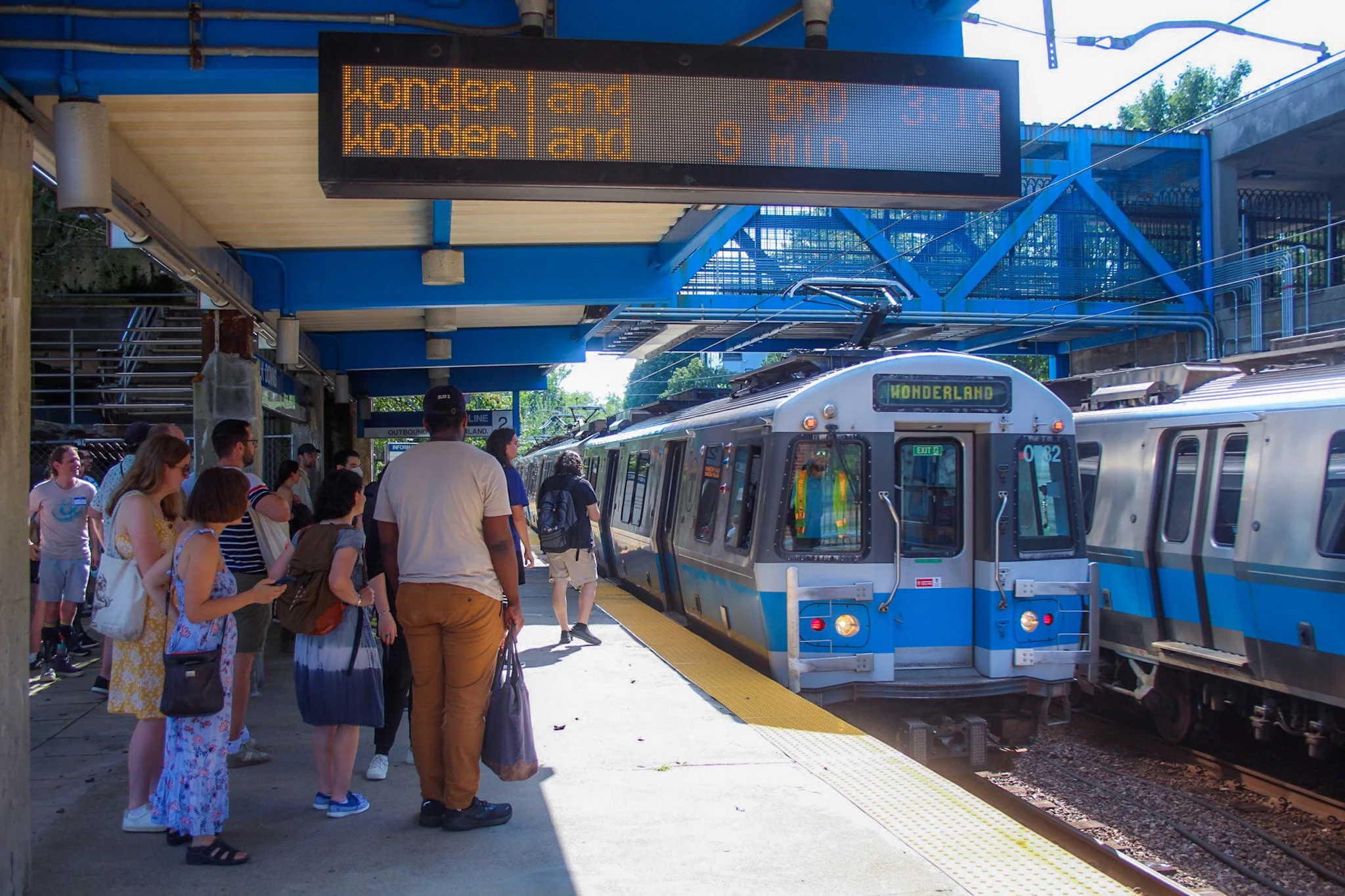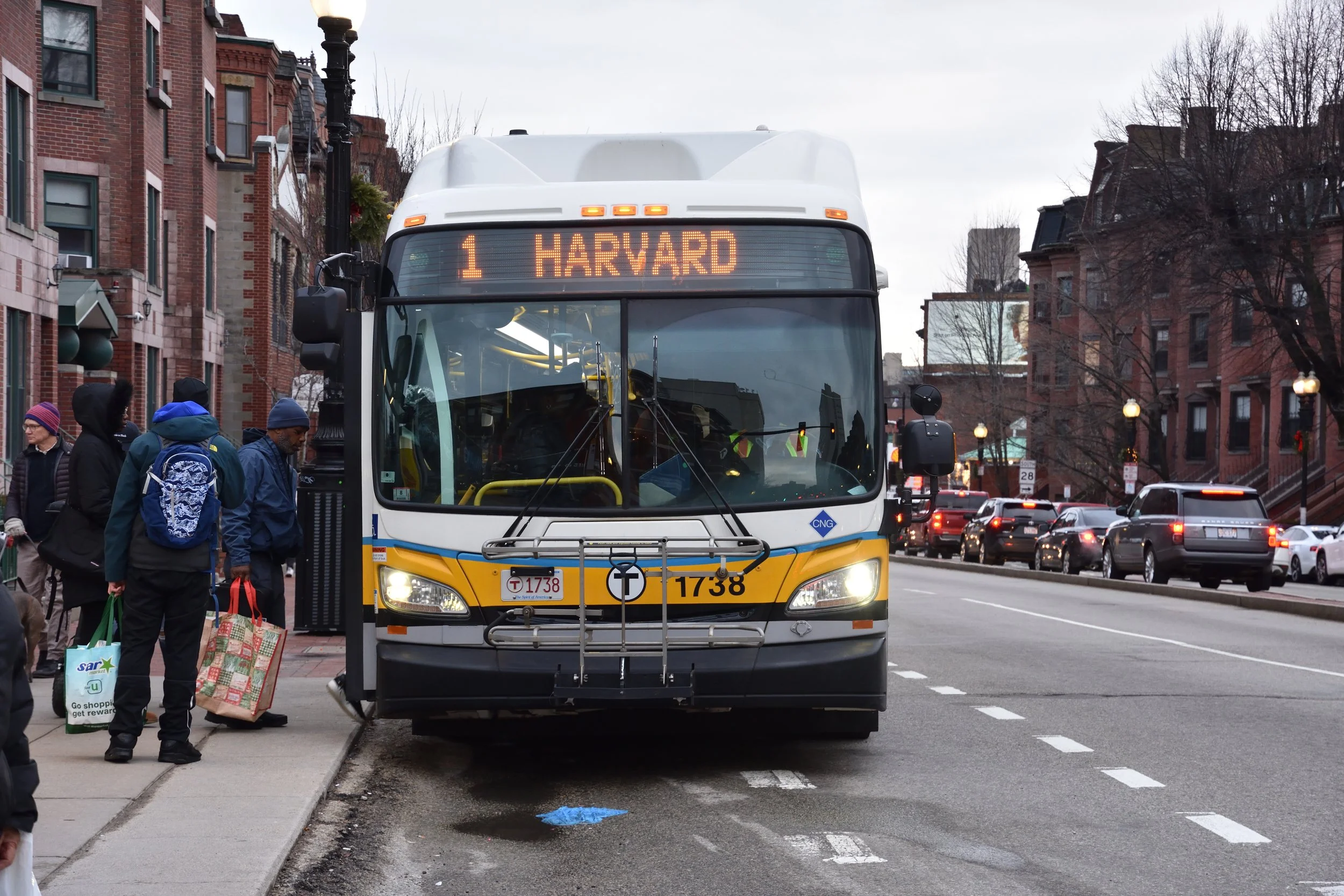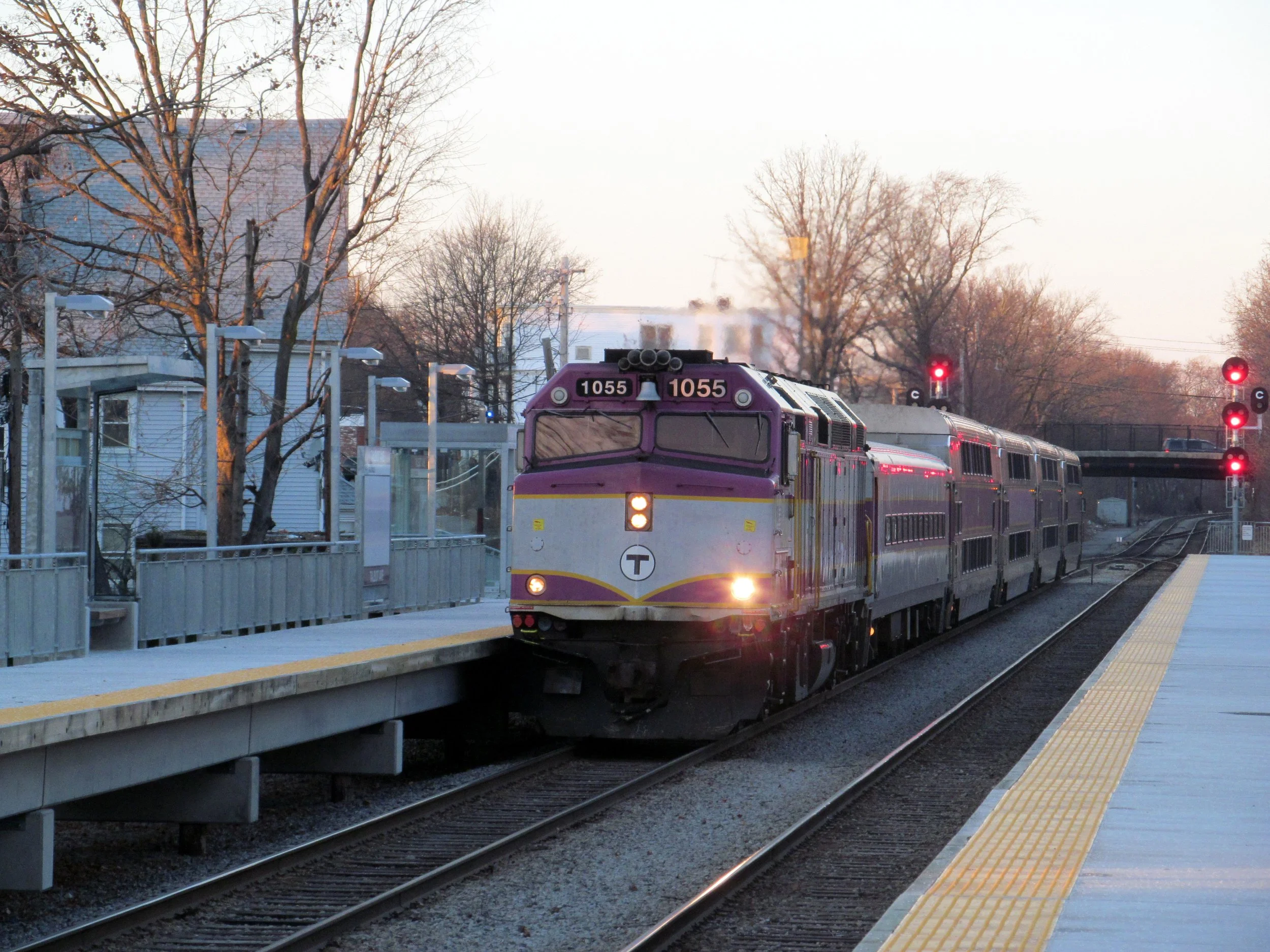TransitMatters releases new blueprint for fast, reliable Haverhill Line service
BOSTON, November 16, 2021 — Upgrading the Haverhill Line could reduce travel times from Haverhill to Boston by 30 minutes, with speeds of up to 100 mph possible on some segments, according to a new TransitMatters report released today. The line would be upgraded to a “Regional Rail” standard, including high level platforms, electrification, electric trains and some double tracking, for a cost of $790 million. Regional Rail would also require the MBTA to make a decision about which route trains use to get to Haverhill. Currently, the Haverhill Line is run alternately along the Wildcat route, sharing tracks with the Lowell Line, or via Reading, but the higher frequencies and tight scheduling of Regional Rail mean that one route should be chosen. The Wildcat route would be faster to North Station, but would require closing North Wilmington and making the Haverhill Line a branch of the Lowell Line. The Reading route would only be two minutes slower, but would need more double-tracking.
”Our vision for the Haverhill Line maximizes its ability to provide more service and attract higher ridership, which is essential for recovering from the pandemic,” said TransitMatters executive director Jarred Johnson. “It also keeps the MBTA’s options open for the future while adding high level platforms ensures that riders of all abilities will be able to get on and off.”
Several outer stations, including Haverhill, Lawrence, Wakefield, Andover and Melrose Cedar Park, are within half a mile of more than 3,000 jobs, but no station gets over 850 riders a day (pre-pandemic), suggesting that there is untapped potential along the route. With Regional Rail, there would be a train to Haverhill from North Station every 30 minutes all day instead of just at peak times, which could make the service more attractive to riders.
In addition to investments in electrification and electric multiple unit trains, all stations will need high level platforms for accessibility and reducing time spent stopped at stations, while the amount of double tracking will depend on what route the MBTA chooses. The Reading route will require either double tracking at Reading station and building two high level platforms, or moving the station to a nearby double tracked segment.
TransitMatters is dedicated to improving transit in and around Boston by offering new perspectives, uniting transit advocates, and informing the public. We utilize a high level of critical analysis to advocate for plans and policies that promote convenient, effective, and equitable transportation for everyone.
For media inquiries, please e-mail media@transitmatters.org.
Photo Credit: Pi.1415926535, CC BY-SA 3.0, via Wikimedia Commons





